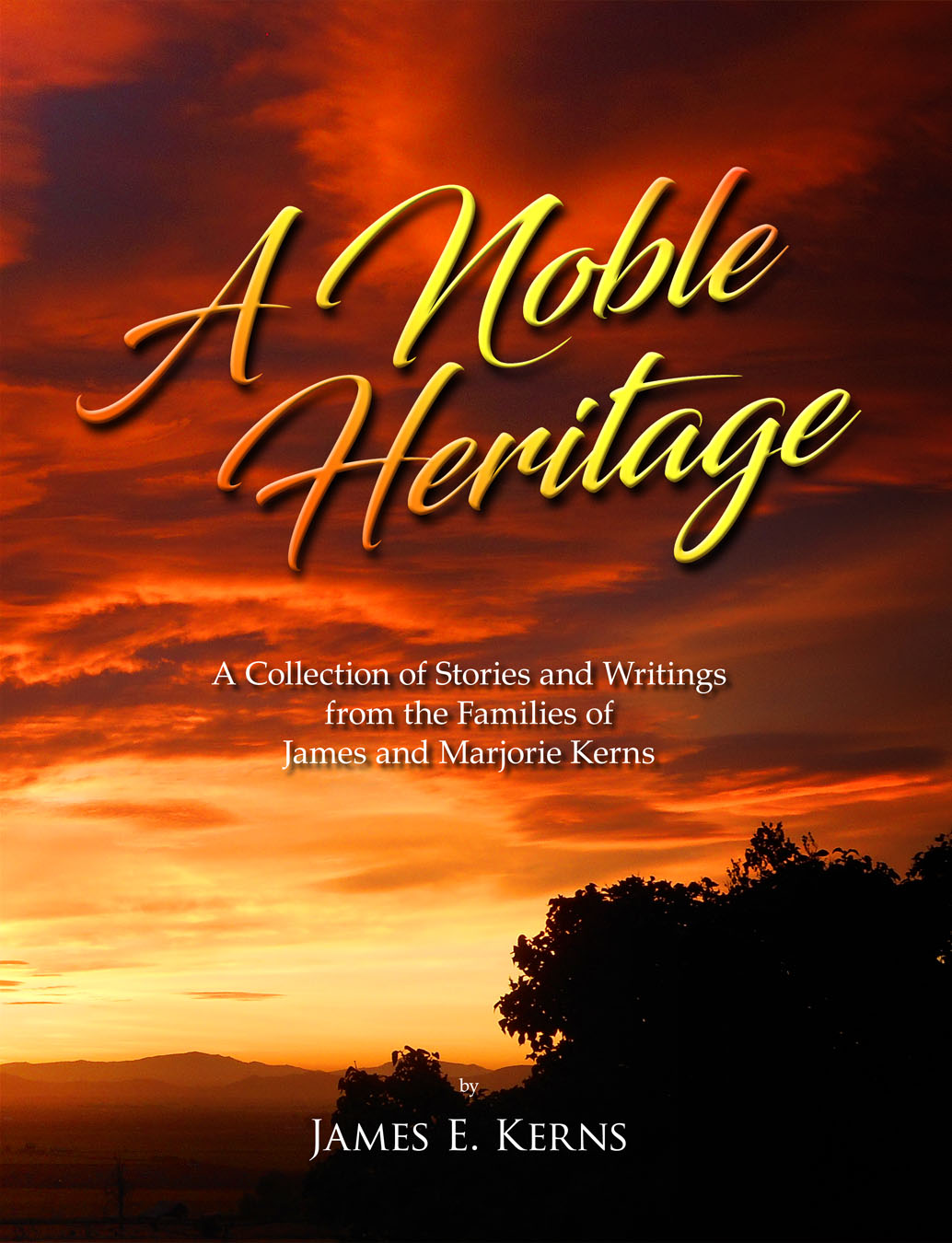Stephen Wight
Stephen Wight was born the 7 May 1820 in Henrietta, Monroe, New York. He was the son of Daniel Wight and Mary Randall Hewitt, one of a family of three boys and four girls.
His mother died when he was eight years of age and his father about twelve years later. Sometime during his early twenties he left New York and came to Iowa. He joined the Latter Day Saint Church and was baptized the 10 Jan. 1843.
He was married on the 8 Apr 1848 to Phoebe Ann Gates who died shortly after. On the 29 Jan 1850 he married Lucy Evaline Waterbury in Kanesville Iowa also known as Council Bluffs. Lucy was the daughter of Solomon Waterbury and Charlotte Post.
Stephen Wight's first child was born in Iowa after which they came to Utah with the Thomas Howell Company, arriving the 13 Sep 1852. They settled in South Mill Creek by Salt Lake City, where three more children were born. In 1861 they came to Brigham City where five more children were added to the family making a total of nine.
Stephen Wight married two more women in polygamy. On the 30 Jan 1853 he married Polly Chubbuck Pulsipher whose husband had recently died and left her with a six months old baby, besides several other children. On the 20 Apr 1856 he married Abigail Emma Pulsipher. They were the parents of nine children, making him the father of 18 in all.
Stephen Wight was very prominent in settling Brigham City, taking an active part in church and civic affairs.
In the year 1861 he built a carding mill for President Lorenzo Snow. It was located on Box Elder Creek just east of first north. The mill was run by water power and Mr. Wight managed it for two years. Later he had a private shop here where he made furniture. He also had a carding machine.
Stephen Wight was talented in music. In 1863-64 when the Brigham City Dramatic Association was organized, Stephen Wight's Orchestra played at all the performances. He played the violin, later his son Daniel played with them. During these early years there was only one piano in Brigham City. About this time Abraham Hunsaker sent his two sons, Abraham and Allen, back to the Missouri River for machinery. He also ordered two pianos, one for his own home and one for President Snow's home. At this time there was no one in Brigham City qualified to teach music until Stephen Wight and his family came in 1861. President Snow hired him to come to his home and teach both vocal and instrumental music to his children.
The first permanent Sunday School organization was affected when at a public meeting held 26 May 1867, in the upper room of the court house, Pres. Snow appointed Stephen Wight, James Bywater and J.C. Wixom as Superintendency.
About the year 1868-69 he was main county surveyor. His was an arduous task due to the fact that for nearly a decade land had been secured and boundary lines defined from objects which were fixed only in the mind of the owners. There were no accurate plats or maps of the territory as a whole—he laid the foundation.
Mr. Wight was skilled in his work having received in his boyhood home a thorough education, grade and high school, after which he took a special course in surveying.
He was also a bishop's counselor for many years.
He died in Brigham City, Box Elder, Utah, 7 Jan 1903.
